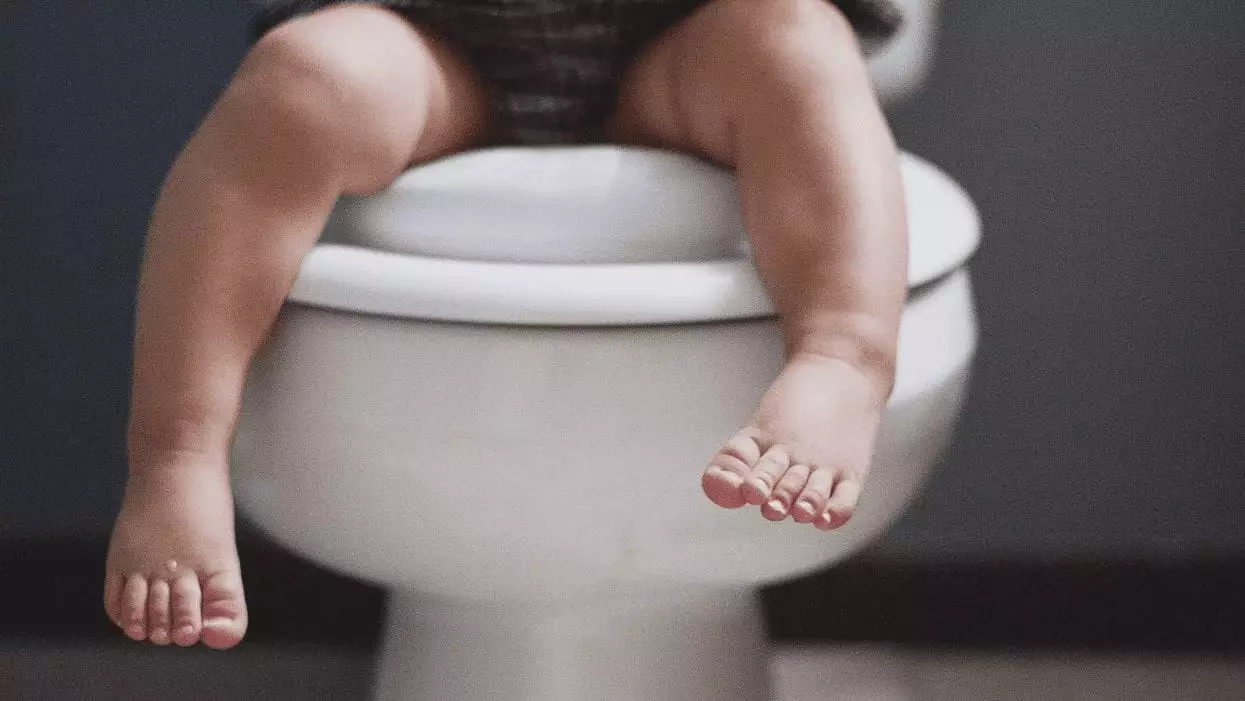Potty training signifies a momentous milestone in your child’s development, marking an important transition from reliance on diapers to independence in using the toilet. The excitement that accompanies this stage is palpable, but it is often tempered by an array of challenges and misconceptions. Many parents enter this endeavor with a sense of readiness, only to discover that the process is as much about patience and understanding as it is about teaching their child. As a parent who has navigated through this chaotic yet enlightening experience, I can attest that every step is worth the effort.
A pivotal piece of advice comes from child development experts like Dr. Laura Markham, who stress the importance of timing when it comes to potty training. Rushing into it or placing undue pressure on your toddler can lead to resistance and hinder progress. Instead, find a time when you can dedicate your attention to your child without distractions. This approach not only fosters a relaxed environment but also aligns with your child’s natural readiness cues. Every child develops at their unique pace, and just because one friend’s child is excelling doesn’t mean your child is lagging behind.
Trusting your child’s instincts is crucial. They will signal their readiness through interest in the toilet or awareness of bodily functions. Meeting them where they are dramatically lowers the chances of creating anxiety surrounding this major life transition. Hence, patience is paramount; don’t rush them to reach certain milestones.
Understanding Individual Differences
One of the most daunting aspects of potty training is the apparent disparity in how quickly children grasp the concept. Some children may take to it quickly, while others might struggle for an extended period. The temptation to compare your child’s progress to that of peers is strong, yet it’s vital to remember that each child is an individual with their own timeline. Recognizing that mastery of potty training doesn’t conform to a strict schedule will alleviate pressure for both you and your child.
When my own son was fighting against potty training at nearly three years old, I had to remind myself that his journey was uniquely his own. Regardless of when your child finally feels comfortable ditching the diapers, what matters most is the lack of fear or shame surrounding the process. A nurturing approach ensures your toddler feels secure about their bodily autonomy.
Among the many myths surrounding potty training is the belief that transitioning directly to underwear will encourage your child to use the toilet more consistently. The truth is that this transition should only be made when your child is genuinely ready; otherwise, it may lead to frustration and unintended setbacks. During my experience, I discovered that merely placing my son in “big boy pants” did little to encourage his desire to use the potty. Instead, it only led to more messes and confusion.
Moreover, parents often expect that once their child becomes proficient at using the toilet during the day, nighttime success will follow suit without incident. Unfortunately, bedwetting continues to be a reality for many children and can cause worry for parents. It’s essential to change the narrative surrounding these accidents; they are normal and not a reflection of poor parenting.
The Emotional Weight of Potty Training
It is essential to recognize that the successes or setbacks of potty training are not a direct reflection of your abilities as a parent. Many parents internalize their children’s struggles in this area as personal failures, when in fact, it’s merely a phase in childhood development that will eventually pass. Additionally, we must acknowledge that open communication about bodily functions can help normalize the experience. Creating a supportive environment makes your toddler feel safe as they navigate these changes.
As we embarked on our potty training journey, I learned that the key was not to lean solely on the external indicators of readiness but to tune into my child’s emotional needs and reactions. This holistic approach can make a profound difference in how the child experiences potty training, reinforcing their sense of security and independence.
Potty training is an intricate journey filled with peaks and valleys. Each child will experience it differently, and the support you provide will be instrumental in fostering their confidence. Rather than viewing training as a race to win or a barrier to overcome, embrace the unpredictability of each moment. Celebrate each small success, reassure them through challenges, and remember: it’s not just about reaching the destination, but about the growth and learning that takes place along the way.

